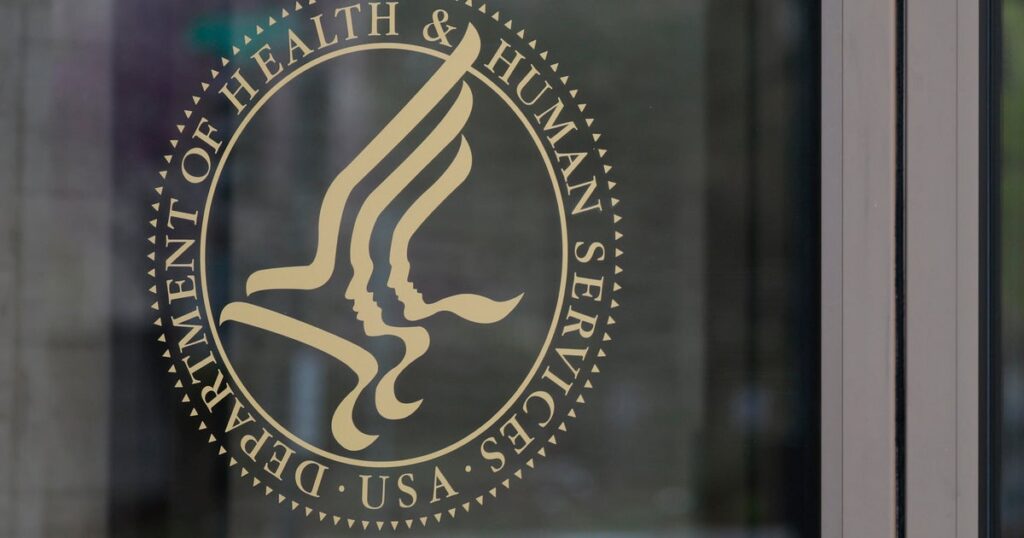A Department of Health and Human Services official said Friday that the health department is not creating an autism registry, contradicting an announcement made days ago by the director of the National Institutes of Health describing his plans to study causes of autism.
“We are not creating an autism registry. The real-world data platform will link existing datasets to support research into causes of autism and insights into improved treatment strategies,” an official for the department told CBS News in an emailed statement.
The plans outlined by NIH Director Dr. Jay Bhattacharya to amass a broad swath of confidential health data, as part of Health and Human Services Secretary Robert F. Kennedy Jr.’s autism research effort, have been the subject of intense criticism in recent days by advocacy groups and autism researchers.
Some providers diagnosing and treating people with autism have been deluged by requests to scrub their data and cancel appointments, multiple federal health officials told CBS News, over concerns about patient privacy and worries it would be used to support unfounded claims.
News of the HHS reversal contradicting Bhattacharya was first reported by STAT News.
The NIH director previously said, as part of a presentation to a meeting of the agency’s outside advisers about the effort, that the NIH would be “developing national disease registries, including a new one for autism” to be integrated into a new “data platform” to study autism and other chronic diseases.
The HHS official did not say whether Bhattacharya initially misspoke or explain why his plan was reversed. Bhattacharya did not respond to a request for comment. HHS has not responded to a CBS News request for an interview with Bhattacharya about the registry.
Some $50 million will be invested in the research effort, which includes the data platform, the HHS official’s statement said, which is “aimed at understanding the causes of ASD [autism spectrum disorder] and improving treatments by leveraging large-scale data resources and fostering cross-sector collaboration.”
According to the official, the NIH still plans to explore partnerships with other federal agencies, including the Centers for Medicare and Medicaid Services, “to facilitate a comprehensive real-world health dataset that maintains the highest standards of security and patient privacy while supporting research into autism and other areas such as chronic diseases.”
In a statement to CBS News, the NIH said its “secure data repository” would “analyze large-scale, de-identified data” for autism and chronic diseases, similar to the agency’s cancer database. The autism research would “be fully compliant” with federal privacy laws and regulations, the agency said.
“These efforts are not about tracking individuals. All NIH-managed databases follow the highest standards of security and privacy, with the protection of personal health information as a top priority,” the NIH said.
The HHS statement marks the latest change to Kennedy’s autism research effort in recent weeks, since he first announced the push at a White House meeting earlier this month.
Bhattacharya told reporters earlier this week that he anticipated grant funding for the autism research would “hopefully” be awarded by September. That is later than the initial timeline outlined by Kennedy, who has said that “by September, we will know what has caused the autism epidemic.”
“It’s hard to guarantee when science will make an advance. It depends on, you know, nature has its say,” Bhattacharya has said.

